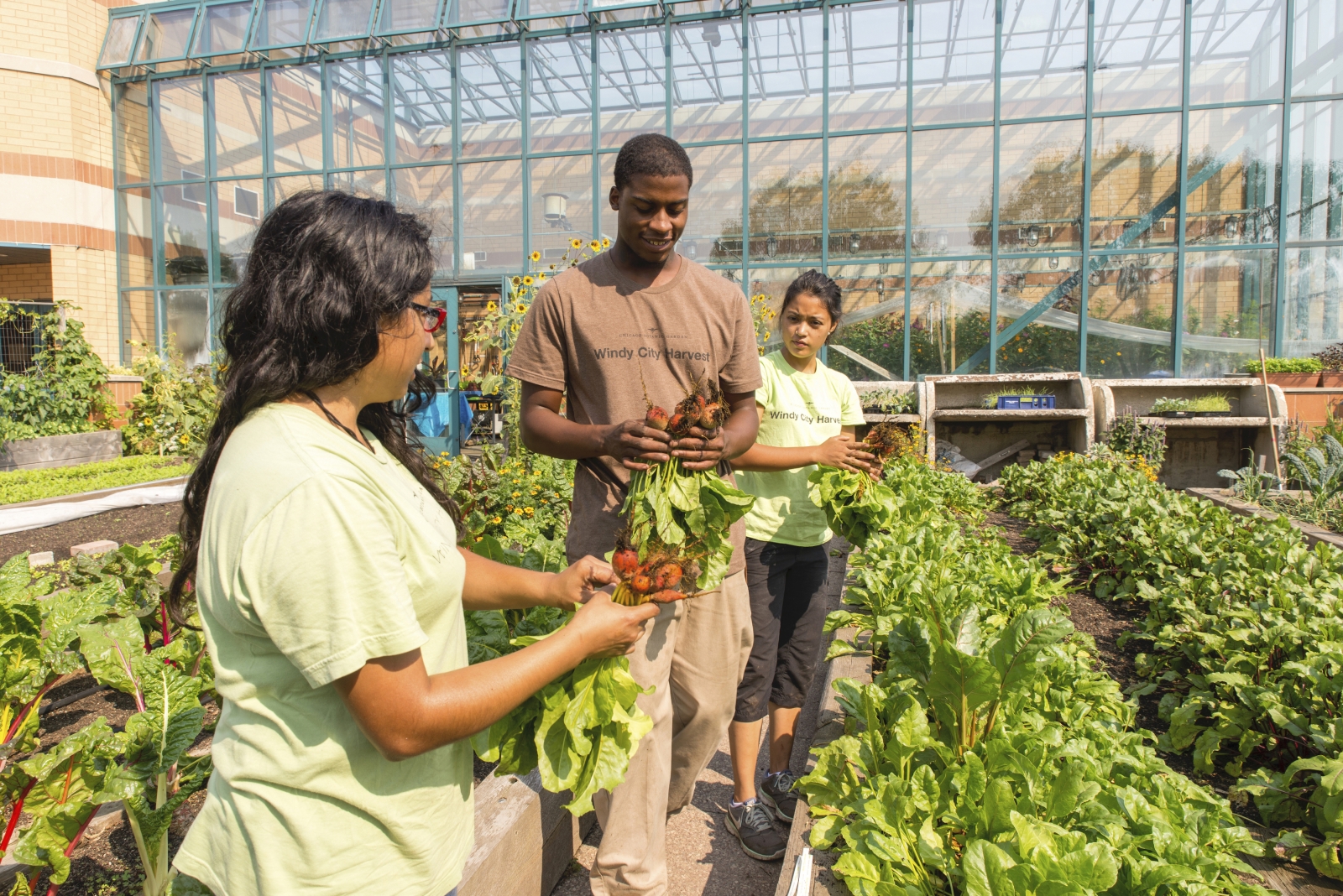 This toolkit is designed to support public gardens and other organizations interested in initiating, expanding, or adapting current urban agriculture programs. Developed in collaboration with Chicago Botanic Garden’s Windy City Harvest, it uses Windy City Harvest as a case example to illustrate key concepts in urban agriculture program development and operation. The toolkit addresses institutional, physical, and programmatic considerations relevant to urban agriculture, and describes a range of audiences and purposes that urban agriculture programs can serve.
This toolkit is designed to support public gardens and other organizations interested in initiating, expanding, or adapting current urban agriculture programs. Developed in collaboration with Chicago Botanic Garden’s Windy City Harvest, it uses Windy City Harvest as a case example to illustrate key concepts in urban agriculture program development and operation. The toolkit addresses institutional, physical, and programmatic considerations relevant to urban agriculture, and describes a range of audiences and purposes that urban agriculture programs can serve.
Throughout the toolkit, readers will find example lesson plans, standard operating procedures, program outlines, farm site layouts, funding resources, and other reference materials. These tools can be flexibly used or adapted to support the development and operation of urban agriculture programs that fit the unique needs and interests of public gardens, their partners, and their local communities.
Download the toolkit ›
Contents:
- Urban Agriculture Programs
- Community gardening
- Youth development
- Transitional job training
- Technical training
- Urban agriculture business development
- Nutrition
- Building Effective Partnerships
- Community relationships
- Partnership growth and evolution
- Building trust
- Partnership management
- Farm Design and Operation
- Location and site considerations
- Recordkeeping
- Good Agricultural Practices, Good Handling Practices, and food safety
- Sales targets and crop planning
- Staffing
- Fundraising for Urban Agriculture Programs
- Meeting funder expectations
- Collecting data for fundraising
- Cultivating support
- Potential sources of public and private sector support
- Social enterprise and earned income
- Program expansion and growth
- Communications and marketing
- Program Evaluation
- Role of demographic data
- Programmatic data collection
- Production and sales data
